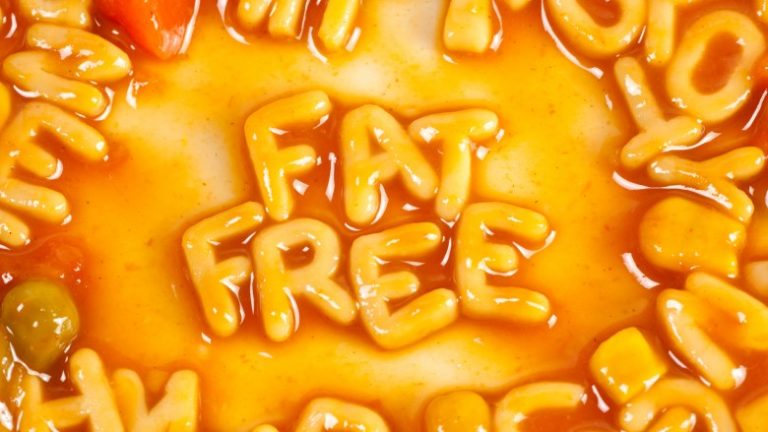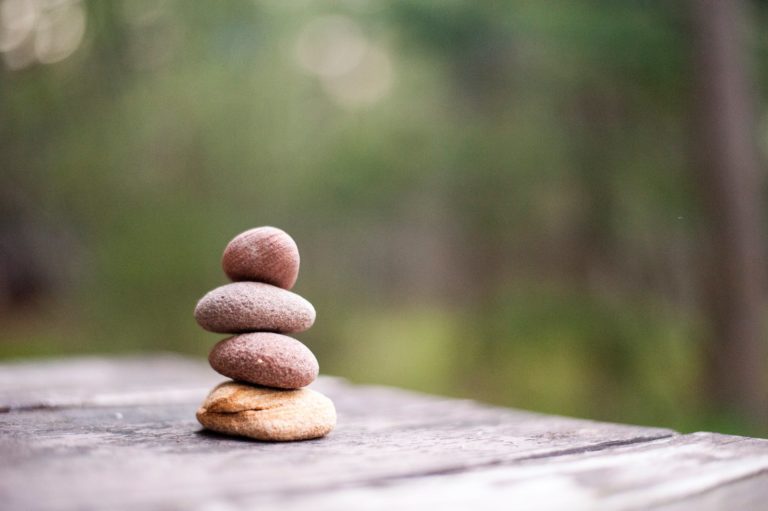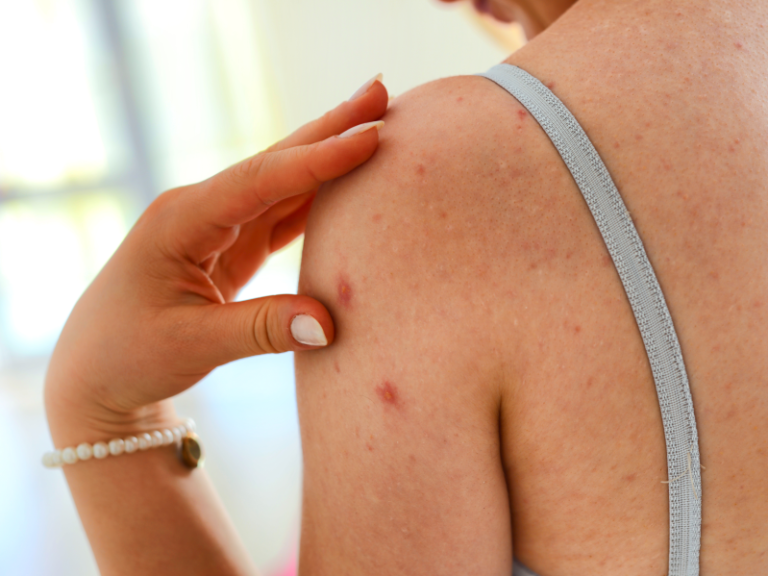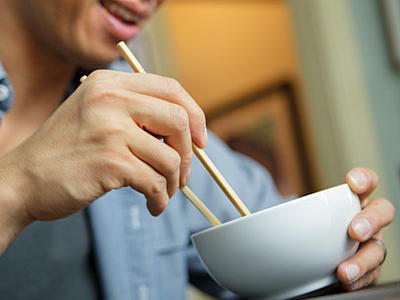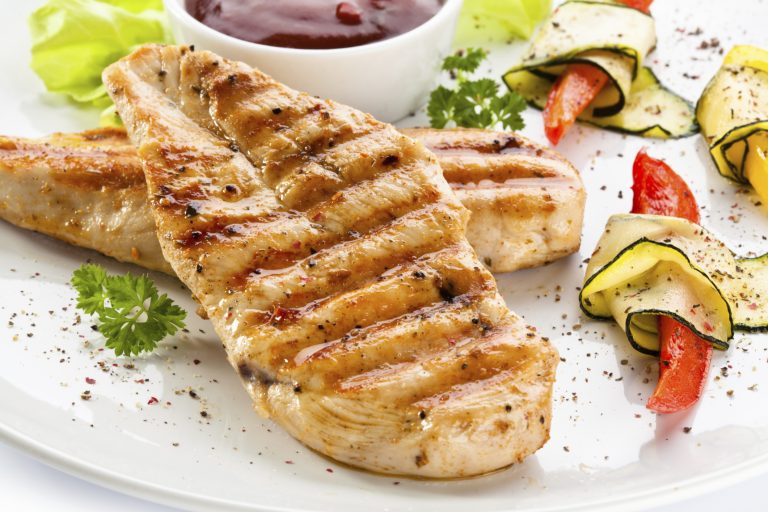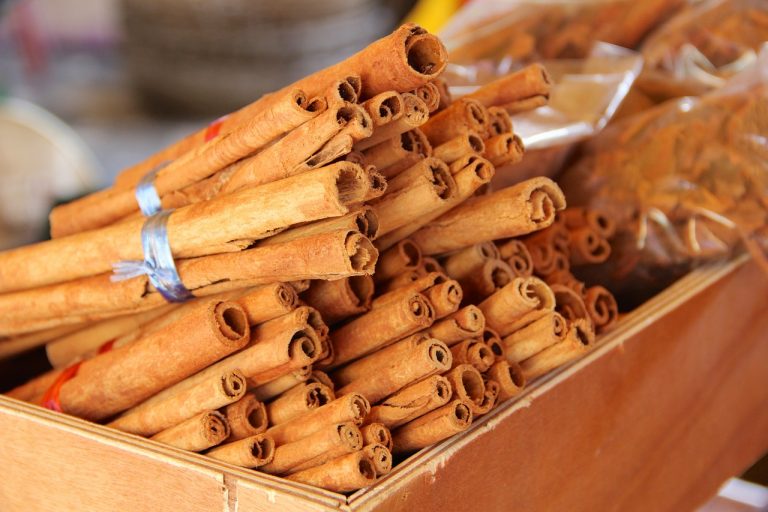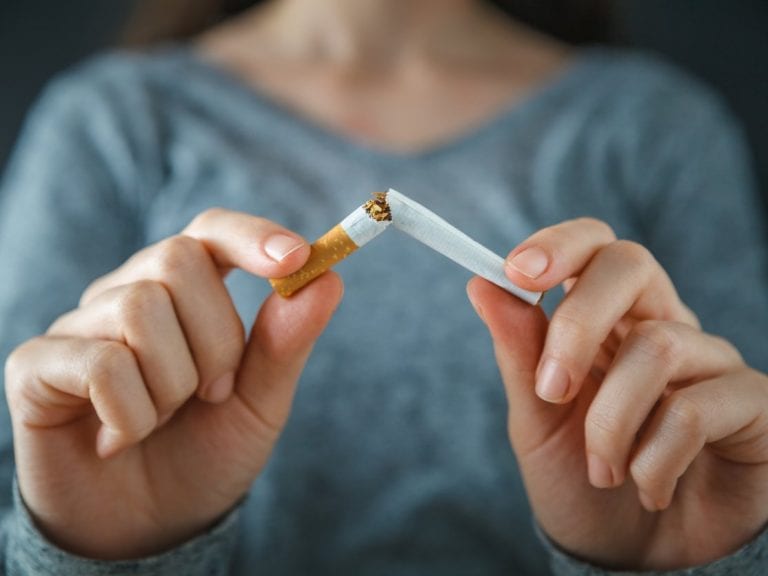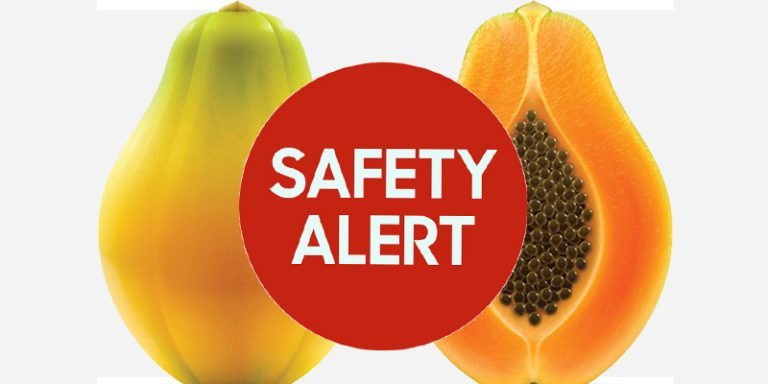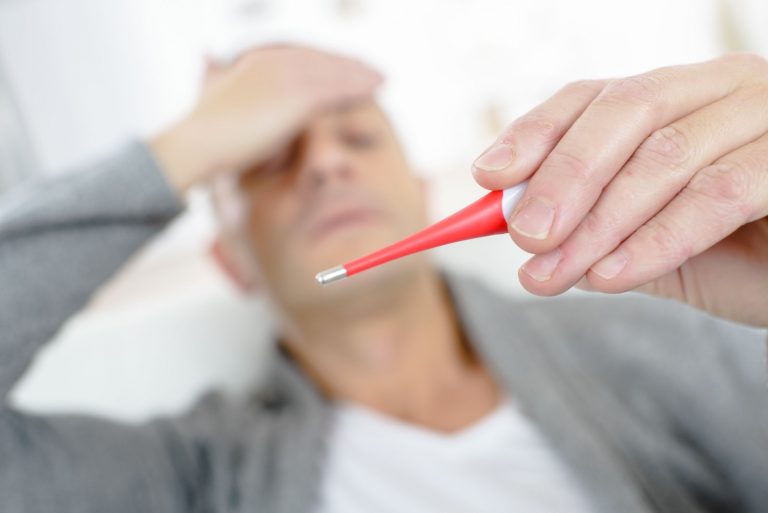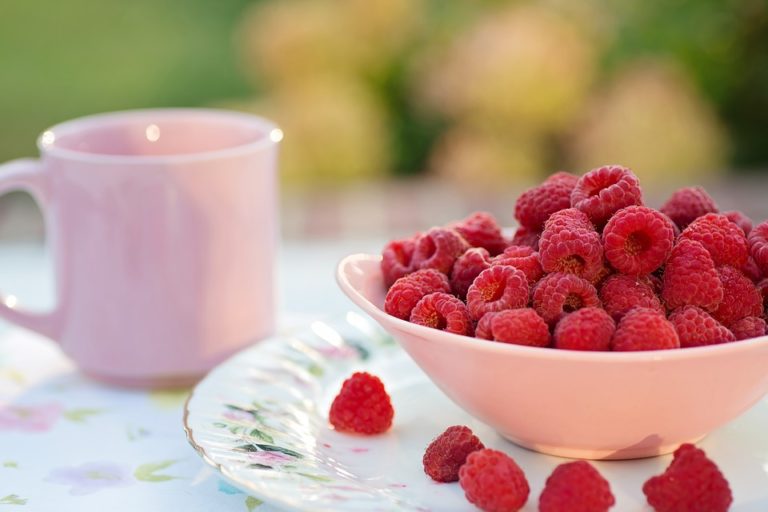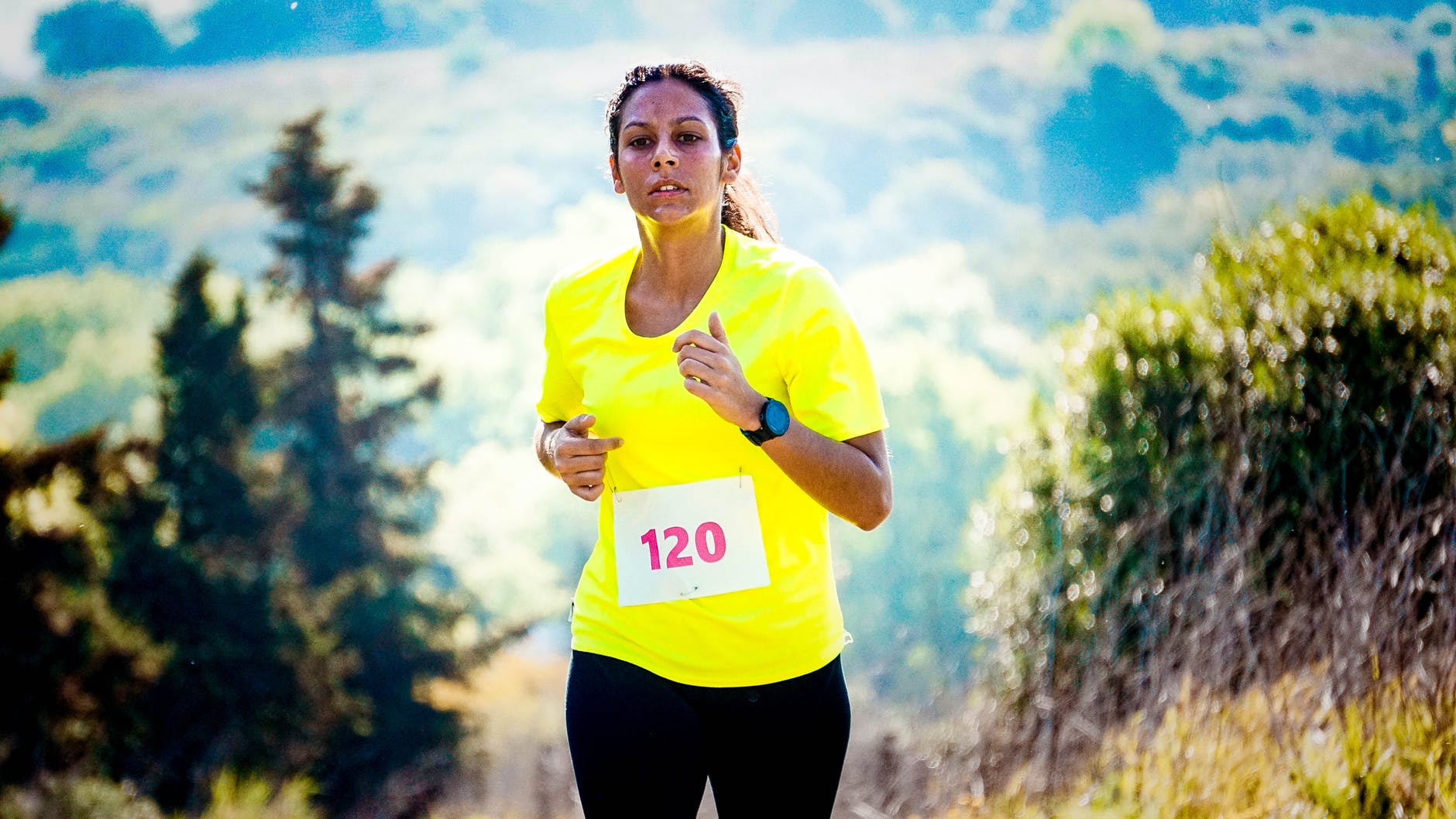
It’s summer, and even our best efforts to stay safe in the sun are not always enough to protect us from the dangerous consequences of heatstroke.
What is heatstroke?
Heatstroke is a serious condition that occurs when our body’s temperature rises over 103 degrees Fahrenheit. It is usually the result of overexerting yourself in extreme heat and is an emergency. “With heat stroke, the body tries to lower its internal temperature by systematically shutting down organs to protect the heart and brain,” explains cardiologist Paula Montana De La Cadena, MD.
Early signs of heatstroke can include hot, red skin, dizziness, nausea, confusion, and passing out. “The abnormal mental state might manifest as confusion, disorientation, impaired judgment, abnormal motor coordination, seizures, or loss of consciousness,” says David Geier, MD, orthopedic surgeon and sports medicine specialist.
According to a study in Injury Epidemiology, each year there are about 4,100 emergency department visits for heatstroke in the United States. Heatstroke is serious and usually results in an admission to stay overnight at the hospital. Unlike heat exhaustion which can be treated by getting out of the heat and drinking cool water, heatstroke should never be treated at home.
“Untreated heatstroke can cause serious damage to the brain, heart, kidneys, and muscles and can even lead to death the longer treatment is delayed,” warns Dr. Montana De La Cadena. To help prevent heatstroke, be aware of when you’re at risk, such as in these scenarios.
Pushing yourself in sports
Exerting yourself in extreme heat is a recipe for heatstroke. This can happen to athletes who practice outside in the summer months. “In sports, especially football, heatstroke events usually occur in July and August, when the heat and humidity are at their highest points for the year, and the athletes have not acclimatized to these conditions,” says Dr. Geier.
Working outdoors
If you find yourself working outdoors this summer, stay mindful of taking breaks and drinking cold water. Anyone who does physical work such as farming, moving heavy equipment or construction work is at risk of dehydration and heatstroke.
Becoming dehydrated
People who are more at risk of becoming dehydrated, like children or the elderly, are more at risk for heatstroke as well. If you have been diagnosed with a heart or liver condition, limit your time in the heat and always keep a water bottle with you. “For these groups, the process of dehydration occurs much faster, as the body’s compensatory measures don’t work as efficiently,” says Dr. Montana De La Cadena.



